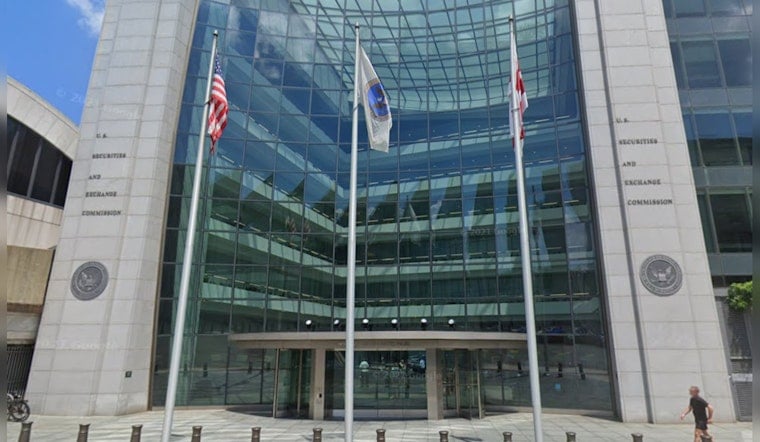
Wall Street traders brace yourselves: it's about to cost a bit more to do business. The Securities and Exchange Commission (SEC) announced a sharp hike in the fees it charges for most securities transactions, setting the new rate to a whopping $27.80 per million dollars as of May 22. This new fee dwarfs the current rate of $8 per million that has been in place from the start of the fiscal year. As outlined by the SEC in a press release today, the increase comes after the SEC received its full-year appropriation in March.
For those deep in the trading game, that means the self-regulatory organizations will keep coughing up the current rate of $8 per million on covered sales until May 21, according to the SEC's announcement. From May 22, they'll have to dig deeper into their pockets as the new rate of $27.80 per million kicks in. This rise is a balancing act—the SEC's way of ensuring that collections meet the targeted amount set for the fiscal year. The previous fiscal year saw a fee rate of $8 per million which was supposed to change at the beginning of FY 2024, but due to delays in receiving the full-year appropriation, an adjustment had to be made midway through the year.
The assessment on security futures transactions, however, will remain at the current rate of $0.0042 for each round turn transaction. This tiny slice of continuity may offer a small sigh of relief amidst a landscape of change. The SEC determines these adjustments in line with Section 31 of the Securities Exchange Act of 1934, ensuring they don't directly inflate the agency's funding pool. For the traders and brokers out there, a detailed explanation of "charge date" can be referred to by visiting the link to Exchange Act Release No. 49928, where the SEC clearly lays out the ground rules for these impending charges.
The new rates represent a necessary recalibration, as the SEC aligns its fee collections with fiscal requirements. It's important to note that the adjustments are part of a routine annual process and are not intended to affect the SEC's overall budget, as highlighted by the SEC. For those looking to get ahead of the game, the link to the SEC's final ruling provides insight into the methodology behind these new rates. Wall Street may need to adjust its strategies and budgets to accommodate these impending costs—it's an inevitable part of the financial world's ebb and flow.









